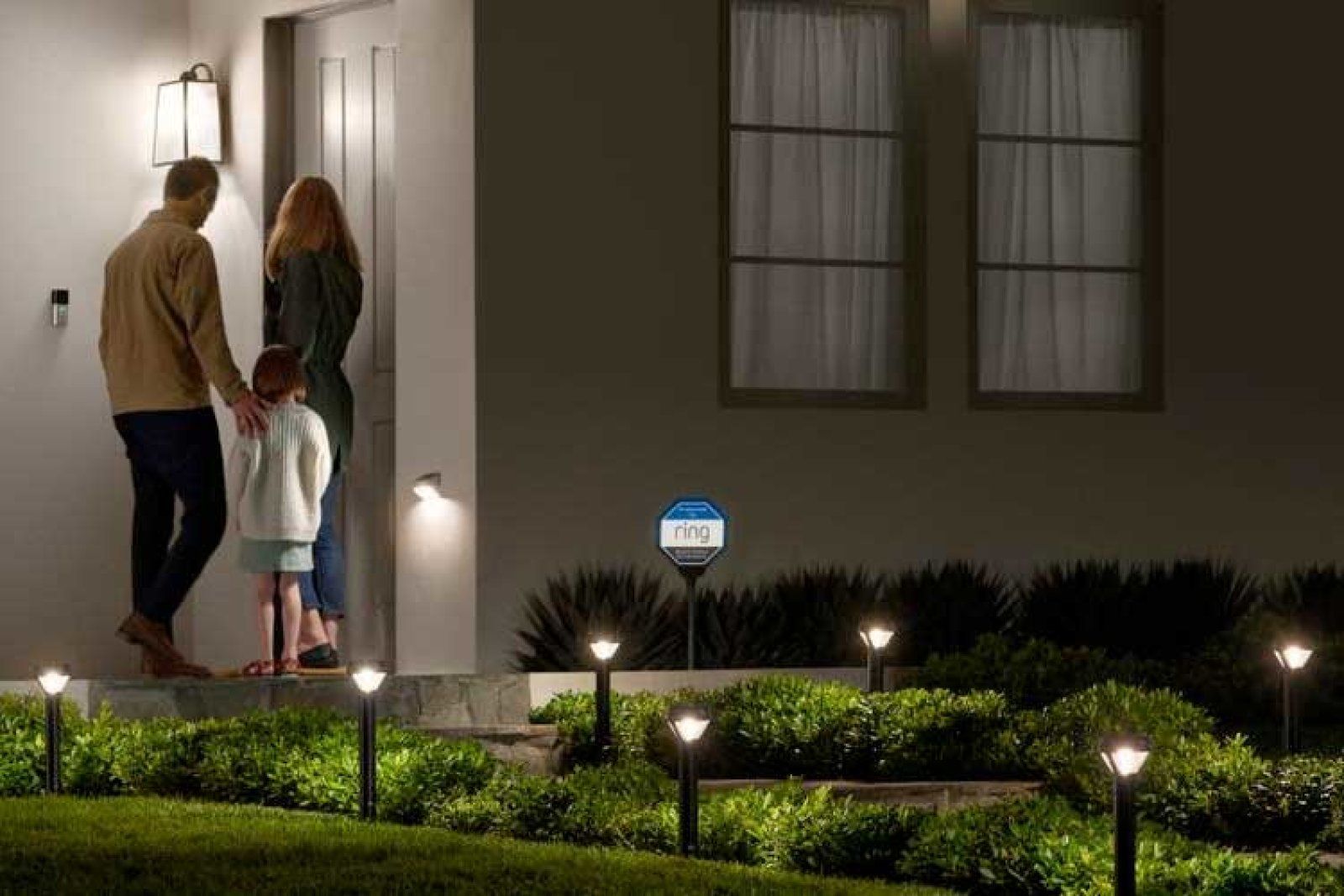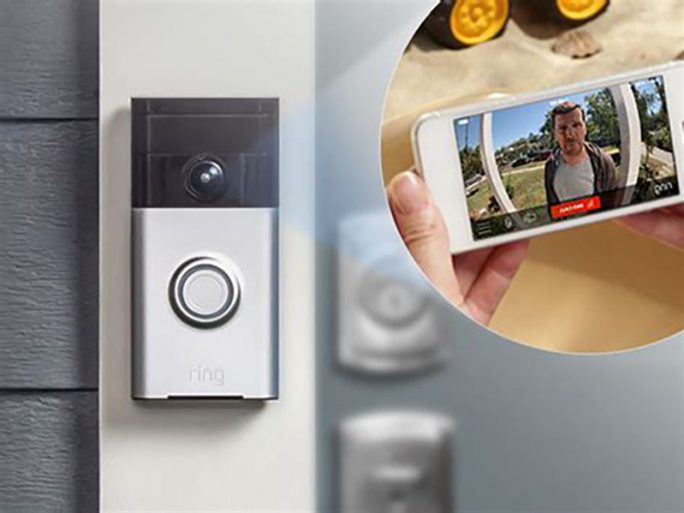Amazon’s Ring division has announced that it is retiring a controversial option, that allowed the police to request doorbell footage from people’s cameras.
In a blog post by Eric Kuhn, Ring’s head of Neighbors, the doorbell giant confirmed changes to the Neighbors app, that included no longer allowing police or other government agencies to request doorbell camera footage from within the Neighbors app.
Ring had been acquired by Amazon for $1 billion back in 2018, and continued to grow as more and more homeowners sought to bolster security measures for their homes and properties.

Privacy concerns
Ring had launched the Neighbors app in 2017, which was designed to help keep neighbours and communities connected by letting them know when and where things were happening in their community, via the Incident Map and Safety Report.
Included in this app was a Request for Assistance (RFA) tool that allowed public safety agencies such as fire and police departments to request and receive video in the app from people’s doorbells.
This prompted concern among privacy advocates, and concerns increased in March 2020 when it was reported that Amazon kept records of every motion detected by its Ring doorbells.
Privacy campaigners were concerned that Ring’s products were being used by increasing numbers of law enforcement agencies in the US to facilitate surveillance in cities and towns, without going through the legal process of obtaining a search warrant.
Instead hundreds of law enforcement agencies struck up partnerships with Ring, in order to request video footage within the Neighbors app directly from Ring doorbell owners.
Mass surveillance
The privacy concerns were evidenced in November 2020 when police in Jackson, Mississippi requested access to resident’s smart doorbells.
Privacy group Electronic Frontier Foundation (EFF) said at the time that Jackson police were conducting a 45-day pilot program to live stream the Amazon Ring cameras of participating residents.
Essentially, the police in Mississippi’s capital city had asked residents to connect their smart doorbells to a real-time surveillance hub, in an effort to fight crime.
In 2021, after pressure from EFF and other privacy advocates, Ring said it would no longer let government agencies contact users privately to request their surveillance footage – instead requiring them to solicit video submissions through public posts on the Neighbors app.
![]()
Another privacy concern centred over an Amazon proposal to turn every Echo speaker and Ring security camera or doorbell in the United States into a shared wireless network (Ring Sidewalk).
American users were given just one week to opt out of the proposal.
In July 2022 Ring confirmed in a letter to a US Senator that it had provided surveillance footage to law enforcement without a warrant or the consent of doorbell-owners 11 times in 2022, as of July that year.
Sunsetting RFA tool
Now this week in the blog post, Ring’s Eric Kuhn wrote that the firm will no longer let police and other government agencies request doorbell camera footage from within the company’s Neighbors app.
Authorities seeking Ring surveillance videos must now submit a formal legal request to the company, rather than soliciting footage directly from users through the app.
“This week, we are also sunsetting the Request for Assistance (RFA) tool. Public safety agencies like fire and police departments can still use the Neighbors app to share helpful safety tips, updates, and community events,” wrote Kuhn.
“They will no longer be able to use the RFA tool to request and receive video in the app,” said Kuhn. “Public safety agency posts are still public, and will be available for users to view on the Neighbors app feed and on the agency’s profile.”
On January 31, law enforcement will no longer be able to make new posts asking users to submit footage, though Ring users may continue to respond to existing police requests on the app until February 29, a Ring spokesperson told CNN.




